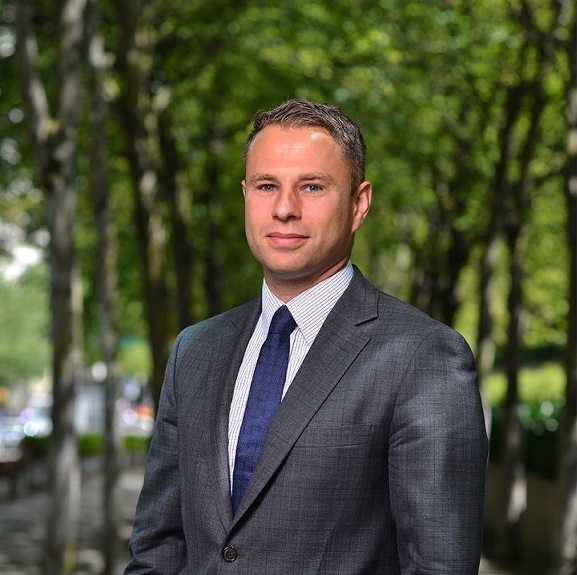The law in New York state makes it illegal to hail a ride from the street from a vehicle without a proper license. The taxi companies were arguing that the use of a smart phone to arrange a ride was equivalent to an electronic “hail”. The courts, however, decided that this was not the case. Overall, the courts put the needs of the public, as a whole, over the concerns of the tax industry:
http://nypost.com/2015/09/09/city-judge-rules-against-medallion-owners-in-win-for-uber/
How does this compare to the situation in British Columbia and Vancouver? Like Vancouver, New York has issues with the cost of taxi licenses spiraling out of control. The price had peaked at around $1,000,000 USD per license, but, since the introduction of Uber, had fallen to around $700,000 a license. These prices are comparable to Vancouver. Although license owners who have paid the high rates deserve sympathy for any losses they incur, something should be done about the extreme prices and a correction in the price of Vancouver area taxi licenses is in order.
How New York City differs from Vancouver is that Vancouver is a rapidly growing city. The population of metro Vancouver is about 2.5 million and has grown by about 1,000,000 since 1990. The population is expected to reach about 3.5 million by 2040. The spike in taxi license prices is largely the result of a reluctance by the city to issue more licenses despite rapid population growth. Vancouver’s rapid population growth combined with a shortage in taxi licenses means that Vancouver is more likely to absorb the introduction of a new service such as Uber when compared to a city like New York City with a relatively developed and stagnant population. In other words, since Uber has been found to be a success in a city like New York City, there is no reason it can’t work in Vancouver too.

